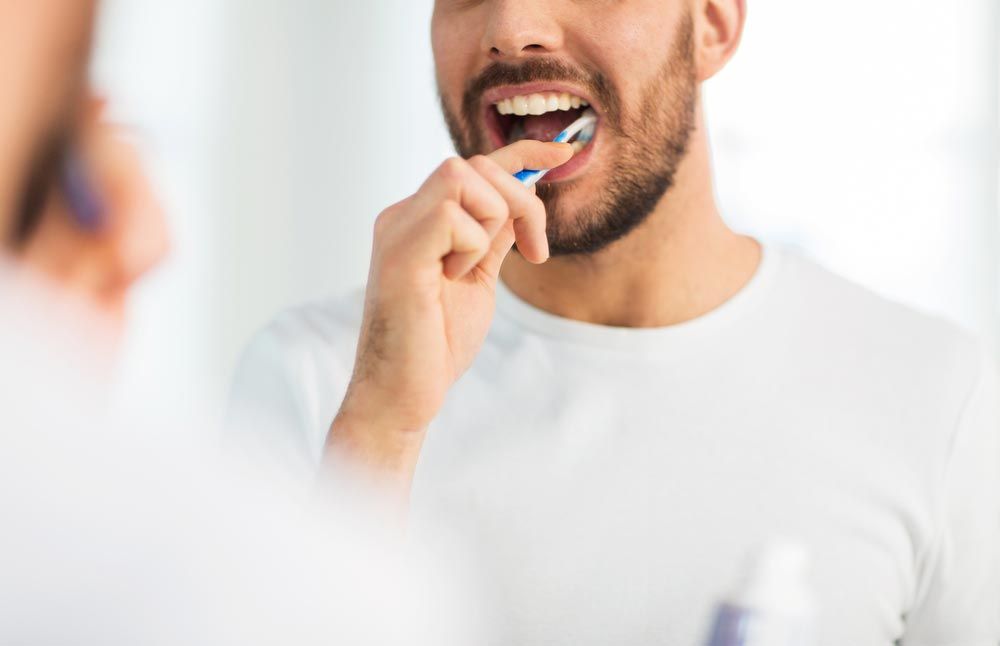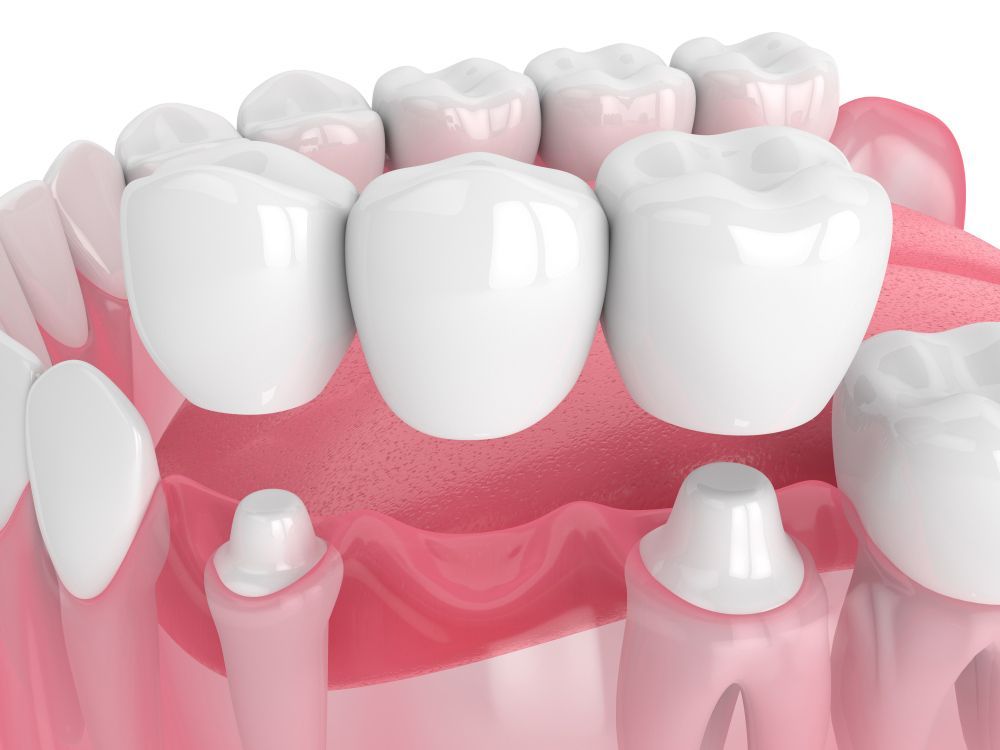5 Habits That Can Stain Your Teeth
Over time, certain habits and lifestyle choices may contribute to teeth staining, affecting the brightness of your smile. While some discolouration occurs naturally as part of aging, daily routines such as dietary choices and oral hygiene practices can influence the appearance of teeth.
Understanding the common causes of tooth discolouration may help individuals make informed choices about maintaining their oral health. Below are some habits that are often associated with staining and some considerations for minimising their effects.
1. Coffee, Tea, & Red Wine
Dark-coloured beverages such as coffee, tea, and red wine contain pigments that may adhere to the enamel, affecting the appearance of teeth over time. Additionally, tannins found in these drinks can contribute to surface stains.
Considerations for Minimising Effects:
- Drink water alongside these beverages to reduce prolonged exposure to pigments.
- Use a straw for cold beverages to limit direct contact with teeth.
- Rinse the mouth with water after consumption to remove residual staining particles.
2. Poor Oral Hygiene
Inadequate brushing and flossing can allow plaque and surface stains to build up, which may contribute to changes in tooth colour. When plaque is not removed effectively, it can harden into tartar, which is more difficult to clean and may contribute to further discolouration.
Considerations for Minimising Effects:
- Brush twice daily with fluoride toothpaste and floss regularly to maintain oral hygiene.
- Visit a dentist for routine check-ups to identify and address concerns early.
- Schedule professional cleanings to remove plaque and surface stains.
3. Dark-Coloured Foods
Certain foods, such as berries, tomato-based sauces, soy sauce, and beetroot, contain strong pigments that may adhere to the enamel. Acidic foods can also affect the surface of the teeth, making them more susceptible to staining.
Considerations for Minimising Effects:
- Rinse the mouth with water after consuming strongly pigmented foods to reduce their impact.
- Eat crunchy vegetables such as carrots to naturally clean the teeth.
- Maintain good oral hygiene to remove residual food particles.
4. Sugary & Acidic Drinks
Soft drinks, sports drinks, and fruit juices contain acids and sugars that may contribute to enamel erosion, which could make teeth more prone to staining. The combination of acid and sugar may create conditions that affect the outer surface of the teeth over time.
Considerations for Minimising Effects:
- Drink water after consuming sugary or acidic beverages to rinse the teeth.
- Use a straw for cold beverages to reduce direct contact with the enamel.
- Choose water or unsweetened drinks more frequently to support oral health.
5. Certain Medications & Medical Conditions
Some medications and underlying health conditions may influence the appearance of teeth. Additionally, conditions that reduce saliva production may limit the mouth’s natural ability to rinse away staining compounds.
Considerations for Minimising Effects:
- Discuss concerns with a healthcare provider or dentist to get guidance on options available.
- Stay hydrated and maintain good oral hygiene to support overall dental health.
Managing Tooth Discolouration
For those concerned about teeth staining, speaking with a dentist may provide insight into options available for improving the appearance of teeth. In addition to regular oral hygiene practices, professional dental cleanings can help remove surface stains.
Some dental practices offer teeth whitening treatments, which may be an option for individuals looking to improve the brightness of their smile. A consultation with a dentist can help determine whether whitening is suitable based on individual oral health needs.
Schedule A Dental Check-up
Teeth staining may develop over time due to a variety of factors, including diet, lifestyle choices, and oral hygiene habits. Understanding these influences can help individuals take proactive steps to maintain the appearance of their teeth. Regular dental check-ups, proper oral care, and mindful consumption of staining foods and drinks may all contribute to long-term dental health.
For personalised advice and guidance on managing teeth staining, consult our team at Aspire Dental.








